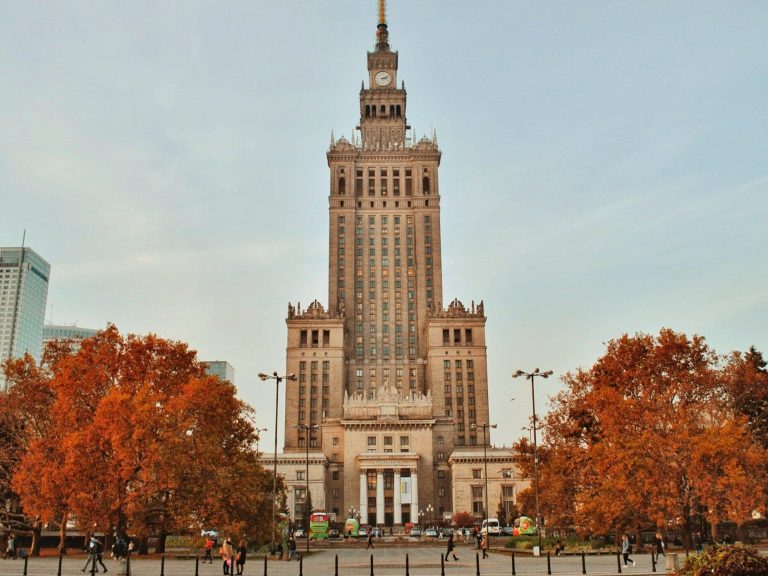Will There Be a Polish Vaccine Against Diabetes? Check What You Know About Polish Medicines – Quiz

What are biosimilars and what are their advantages over biological drugs, what role do T-reg cells play in our body, how peptides will help us fight bacteria and how to fight antibiotic resistance: we answer these questions in the June series “Polish science for the development of medicine and the health of Poles”.
In June, in the pages of “Wprost” we talked, among others, with outstanding scientists about the process of creating drugs.
Prof. Piotr Trzonkowski, one of the originators of the treatment of autoimmune diseases with T-reg cells from our own body, talks to “Wprost” about a vaccine for type I diabetes. This vaccine consists of T-regulatory cells, which, when administered, prevent the patient’s own immune system from attacking the pancreas. Currently, T-reg therapy is at the stage of clinical trials in the treatment of type I diabetes and multiple sclerosis, but in the future it may be used in the treatment of almost any autoimmune disease.
Dr. hab. n. med. Jarosław Biliński from the Department of Hematology, Transplantology and Internal Medicine at the University Clinical Hospital in Warsaw has been studying the microbiome, or the gene pool of microorganisms living in the human body, for 10 years. Each of us has about 2 kg of bacteria, and the intestinal microbiota is a powerful immune organ. The effectiveness of microbiota transplantation from healthy donors for patients suffering from colitis is 90%, which is about three times more than in the case of the most commonly used antibiotic for this disease. Currently, the Human Biome Institute is in the process of developing a biosynthetic drug containing a healthy microbiome. It is to remove antibiotic-resistant bacteria from the digestive tract. Another drug is to treat graft-versus-host disease, and yet another is to support the treatment of cancer.
Adriana Kiędzierska-Mencfeld, director of Polpharma Biologics in Warsaw-Duchnice, emphasizes how important it is to develop biosimilar drugs. These are biological drugs produced in living cells, and their effects do not differ from the original drug. At the same time, clinical trials for such drugs are significantly simplified, which translates into a shorter time to market and reduces costs, making the therapy more accessible to patients. The process of creating a biosimilar drug is also complicated and requires the work of many scientists, but recently it was possible to introduce a drug to the market that has been registered in Europe and the USA for the treatment of multiple sclerosis.
Some experts predict that humanity will soon become defenseless against bacteria due to increasing drug resistance. Prof. Ewa Szczurek’s team from the University of Warsaw has developed new peptide sequences with strong antibacterial effects. Artificial intelligence was used for this purpose, which was given data on existing amino acid sequences. On this basis, completely new, previously unknown peptide sequences were developed. What’s more, artificial intelligence can also “improve” previously known peptides, thanks to which they acquire antibacterial properties.
Biosimilar drugs, effective fight against autoimmune diseases, solving the problem of antibiotic resistance, treating cancer – these are four very important issues that Polish scientists want to tackle. What do you know about them?
You will find answers to all questions in the articles below the quiz, which were published in the series Wprost: Polish science for the development of medicine and the health of Poles.
Text: Maciej Pinkosz
Poland’s breakthrough in diabetes on a par with the discovery of insulin. “These people may never develop the disease”
We already have the first Polish biosimilars. “This is hope for many patients”






